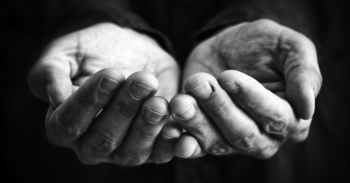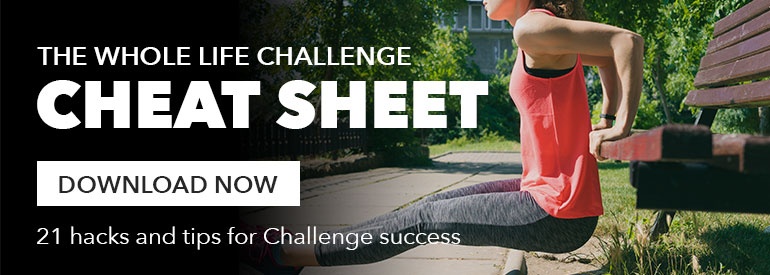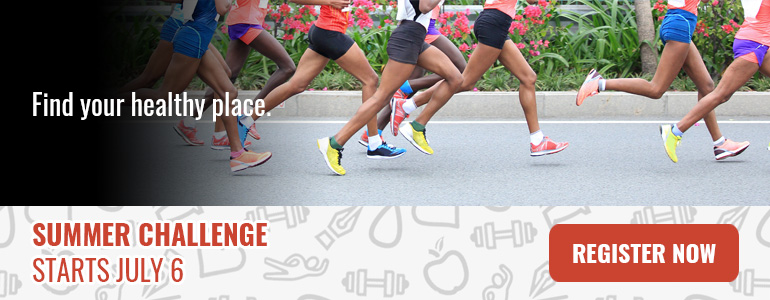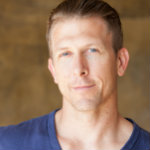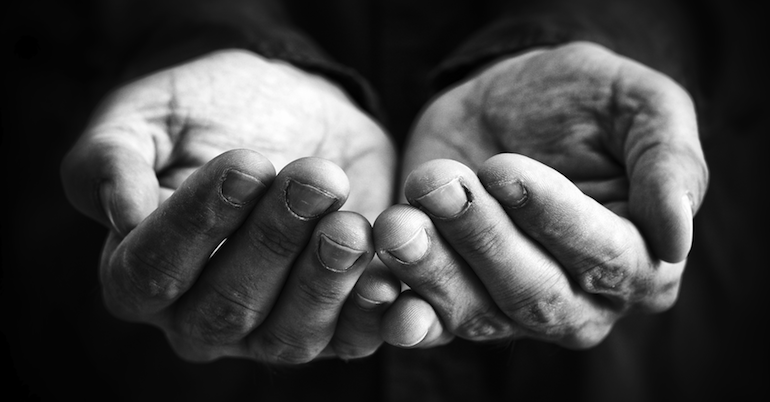 Reading Time: 3 minutes
Reading Time: 3 minutesThe Lifestyle Practice is to perform at least one intentional act of generosity or kindness toward another person.
- The recipients of your acts do not have to be in the challenge. They can be anyone you know (or don’t know!).
- The act must be INTENTIONAL to earn the point — you can’t “remember” that you did something nice and award yourself points for that.
- Some examples: Making a phone call or sending a supportive text or email to one of your teammates in the challenge, letting someone in traffic into your lane where you would have otherwise sped up, paying for the coffee or bus fare for the person behind you in line, or taking the time to simply let someone know what a difference they make in your life.
Your acts do not have to be grand or expensive. They should simply be intended to have a situation that might have predictably gone one way go another way. They should be intended to leave the world better for your having done them. Often it is the small, seemingly insignificant acts that can change the course of the whole world.
Imagine this: After 1 week of 20,000 people performing acts of generosity, support, and kindness, this body of challengers will be responsible for 140,000 acts that made a difference — all over the world.
Can you imagine the power of that?
Many people are understandably worried about what comes next. What’s the prognosis for success in the world when the WLC is over? Will “I” be able to keep up with all the healthy choices? Will “I” be OK when I don’t have something – a game, a group, an app – to keep me present, honest, and in action?
What really makes a difference in having health, happiness, and success in the world? In simplest terms, it’s spreading the love.
Research has shown that if our primary focus is on ourselves, we are more likely to be anxious, even depressed. That what we get real fulfillment from is fulfilling commitments to other people. When we think of others, we expand our scope to something so much bigger. And because YOU’RE included in “everyone,” if you make it your mission to show others and not to do for others, you get yours wihle they get theirs.
A focus on OUR bodies and OUR lives isn’t going to get us there. It’s a start, AND it’s a wakeup call to what the world needs. See, if the world isn’t well, it will pull for you not to be well either. It’s a bigger job, but pulling the world up is the only way to go. You are a microcosm of a very large ecosystem. When the ecosystem is truly well, you won’t even have to try anymore.
Take the “I” out of “Illness,” replace it with “We,” and you get “Wellness.” Your wellness is a “we” proposition. In other words, your health and wellness isn’t a “perfect body,” it is the health and wellness of your community, of the world around you.
And that’s an amazing proposition. YOU, in your journey to seek out the best for yourself, are actually seeking out what is best for humanity. Your work is work on a much bigger scale than you might ever have imagined. Your quest for wellness is a quest for the wellness of millions.
Reflect for a moment. You already see that, don’t you? You already see that the things you’re doing are changing the world around you. It CAN’T be just about you, your life won’t let it.
